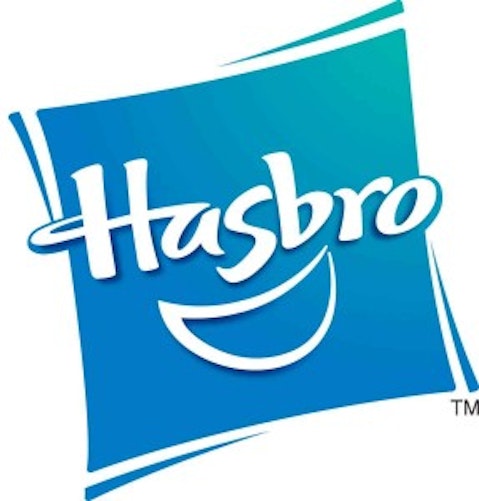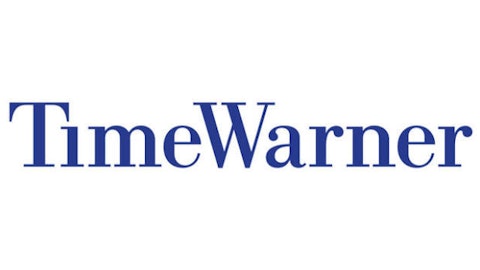
Hasbro recently announced a deal with digital game developer Electronic Arts Inc. (NASDAQ:EA) to produce digital versions of popular games like Monopoly, Battleship, Clue, Scrabble, and Yahtzee for smartphones and other mobile devices.
Both companies have existing deals with other companies in the business. Hasbro, Inc. (NASDAQ:HAS) has a deal with social game developer Zynga Inc (NASDAQ:ZNGA) to produce new digital games. And Electronic Arts Inc. (NASDAQ:EA) has a deal with Disney to develop and publish new games for the Star Wars franchise (intended for the more core gaming audience, and not necessarily for children).
The deal is great for Hasbro, which has been cutting costs and growing its business. Smart moves to increase business and diversify ways to sell much-loved games to fans are why Hasbro, Inc. (NASDAQ:HAS) has proven to be a smart investment.
Hasbro first quarter profit rose 25%, and beat analysts’ expectations, and annual earnings have consistently risen for the past 8 years. Expectations for the 2013 fiscal year hope to see profits rise another 5%, and another 9% in 2014.
You sank my battleship!
But is the deal good for Electronic Arts Inc. (NASDAQ:EA)? Will it benefit the same way Hasbro, Inc. (NASDAQ:HAS) already has?
EA’s stock has fallen more than 45% over the past six years, in spite of other previous similar deals, but is now trading at its 52 week high.
In the most recent quarter, EA non-GAAP revenues were $1.04 billion, or $0.55 EPS, compared to $977 million a year ago. Revenues were on target, but earnings were slightly below EA’s revised target.
EA reported net income of $323 million, or $1.05 per share, for the most recent fiscal quarter, compared to a net income of $400 million, or $1.20 per share, for the same period last year. EA’s net income may be down, but it is still far better than the Disney Interactive loss of $54 million.
EA needs to focus on creating more professional, quality content in order to overcome its reputation as a company that publishes sub-par work (it was recently named one of the worst companies in America). In addition to putting out quality, original products, if the company performs well with the new Hasbro deal, EA can only go up.
The company is strong in several areas, including good debt levels, expanding profit margins, solid stock performance, and a good return on equity. These positives outweigh the negatives with the net income.
All things considered–quality, stock performance, marketplace, etc.–EA has great potential, and if the company continues to stay on the mend, it could be a great performing stock for the future.
A fly in Disney’s soup
It takes far more to hurt Disney than a loss in just one segment. But the Disney Interactive segment just doesn’t seem to have that Disney magic.
The House of Mouse reported net income for all of Disney for the fiscal second quarter rose 32% from a year ago to $1.51 billion. As usual, Disney overall looks great.
But then there is the interactive unit, also known as the video game division. The segment lost $54 million for the quarter, which was an improvement over the $70 million loss in the previous year. But with only an 8% growth rate, the segment will take some time to become profitable.
Disney has suffered setbacks with box office losses. When a movie doesn’t perform well at the box office, the effect is felt in the interactive unit where there is a correlating lack of demand for video games based on the movie. (Movies such as John Carter,” for example. Investors are now keeping an eye out on the box office performance of The Lone Ranger.)
Disney and EA hope that the new Star Wars agreement will help both companies see some improvement in the sector. Disney will retain the rights to produce Star Wars games on certain other platforms, while EA will develop most of the games. The deal should prove lucrative for both companies.



